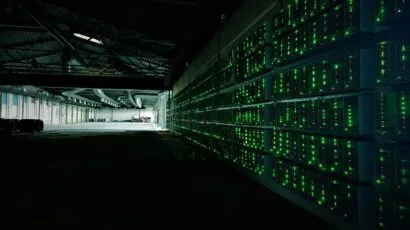Breeder reactors: A possible connection between metal corrosion and sodium leaks
By S. R. Pillai, M.V. Ramana | May 1, 2014
Many countries have long pursued fast neutron breeder reactors, which create more fissile fuel than they consume, because of the expectation that the world will run out of the low-cost uranium used for fuel in most commercial nuclear power reactors. Despite billions of dollars spent on research and development, however, fast neutron reactors have proven unreliable and are frequently shut down due to leaks of their sodium coolant. Different reactors around the world have experienced this leakage problem, indicating that it may have fundamental causes, rather than being a symptom of poor manufacture or operational deficiencies. One possible cause is a series of chemical interactions between the carbon contained in the metallic components of these reactors and the sodium used to cool reactors; these interactions can cause a system’s metal parts to corrode, eventually leading to leaks. If true, this mechanism carries significant negative implications for the safety of these reactors and their economic viability.
Together, we make the world safer.
The Bulletin elevates expert voices above the noise. But as an independent nonprofit organization, our operations depend on the support of readers like you. Help us continue to deliver quality journalism that holds leaders accountable. Your support of our work at any level is important. In return, we promise our coverage will be understandable, influential, vigilant, solution-oriented, and fair-minded. Together we can make a difference.
Issue: Bulletin of the Atomic Scientists Volume 70 Issue 3
Keywords: breeder reactors, coolant system, corrosion, fast reactors, fires, leaks, sodium
Topics: Uncategorized
















